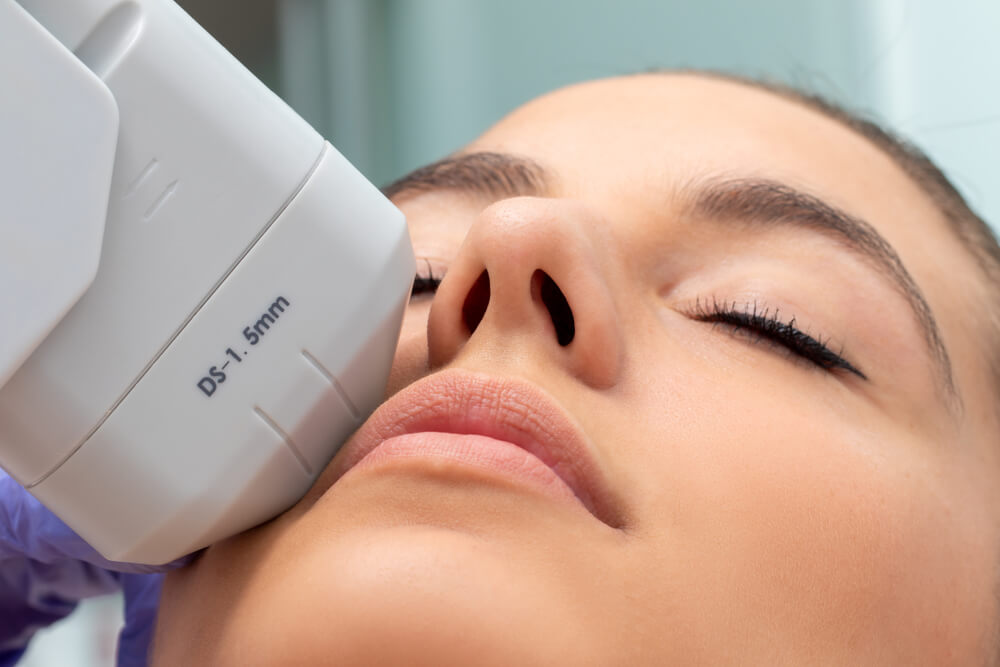Acne, a common skin condition, affects millions of people worldwide. While the battle with active acne can be challenging, the aftermath of acne can be equally disheartening. Acne scars can leave a lasting impact on one’s self-esteem and overall confidence. In this comprehensive guide, we will explore expert recommendations and insights into tackling acne scars, providing you with the knowledge and tools to achieve clearer, smoother skin and the best acne scar treatment in Dubai( علاج ندبات حب الشباب في دبي ).
## Understanding Acne Scars
Before we delve into the treatments and expert advice, it’s crucial to understand what acne scars are and how they develop. Acne scars are the result of inflammation and damage to the skin caused by acne. They come in various forms, including:
### 1. Atrophic Scars
Atrophic scars are depressions or indentations in the skin, resulting from a loss of collagen during the healing process. The three main types of atrophic scars are ice pick, boxcar, and rolling scars, each with its own unique characteristics.
### 2. Hypertrophic Scars
Hypertrophic scars are raised scars that occur when the body produces excess collagen during the healing process. Keloid scars are a severe form of hypertrophic scars that extend beyond the original acne site.
## Expert Recommendations for Prevention
Preventing acne scars begins with effectively managing acne itself. Dermatologists and skincare experts offer the following recommendations:
### 1. Early Treatment
Tackle acne early to minimize the risk of scarring. Seek professional advice from a dermatologist who can provide tailored treatment options.
### 2. Avoid Picking and Squeezing
Resist the urge to pick or squeeze acne lesions. Picking can introduce more bacteria, worsen inflammation, and increase the likelihood of scarring.
### 3. Sun Protection
Protect your skin from UV rays by using sunscreen daily. Sun exposure can exacerbate the appearance of scars.
## Expert Insights on Acne Scar Treatments
When it comes to treating existing acne scars, several effective options are available. Dermatologists and experts weigh in on these treatments:
### 1. Topical Treatments
#### a. Retinoids
Dr. Jane Kim, a board-certified dermatologist, emphasizes the importance of retinoids in acne scar treatment. “Retinoids stimulate collagen production and increase cell turnover, which can improve the appearance of scars over time,” she explains. These prescription-based treatments require consistency and patience but can yield significant results.
#### b. Vitamin C Serums
Dr. Michael Chen, a skincare expert, recommends vitamin C serums for their ability to fade dark spots and even out skin tone. “Vitamin C is a powerful antioxidant that can brighten the skin and reduce the appearance of scars,” he advises.
### 2. In-Office Procedures
#### a. Micro needling
Dr. Sarah Adams, a leading dermatologist, discusses micro needling as an effective in-office procedure. “Micro needling involves tiny needles that create controlled micro-injuries, stimulating collagen production and improving scar appearance,” she says. Multiple sessions may be required for optimal results.
#### b. Chemical Peels
Chemical peels, according to Dr. Emily Rodriguez, can be a game-changer for those with mild to moderate acne scars. “It remove the top layer of skin, revealing fresher, smoother skin underneath,” she explains. The depth of the peel can be adjusted based on the severity of scarring.
### 3. Laser Therapy
Laser treatments offer targeted solutions for various scar types. Dr. David Miller, a laser specialist, highlights their precision. “Laser therapy can break down scar tissue and stimulate collagen remodeling, resulting in smoother skin,” he notes. Laser treatments may require downtime, depending on the specific procedure.
## Lifestyle and Home Remedies
In addition to professional treatments, several lifestyle and home remedies can complement your acne scar treatment journey:
### 1. Healthy Diet
Dermatologist Dr. Lisa Turner emphasizes the importance of nutrition. “A diet rich in antioxidants, vitamins, and minerals can support skin health and the healing process,” she says. Incorporate fruits, vegetables, and lean proteins into your diet.
### 2. Hydration
Dr. Michelle Lewis, a skincare specialist, underscores the role of hydration. “Proper hydration can improve skin elasticity and promote healing,” she advises. Drinking an adequate amount of water is essential for overall skin health.
### 3. Natural Remedies
Explore natural remedies like aloe vera, honey, and tea tree oil. Dr. Rachel Patel, an integrative dermatologist, suggests, “These natural ingredients have anti-inflammatory and healing properties that can complement professional treatments.”




















